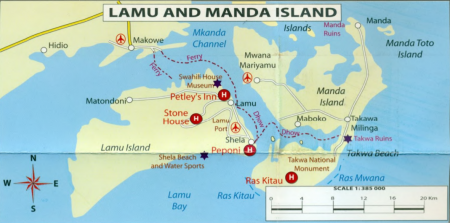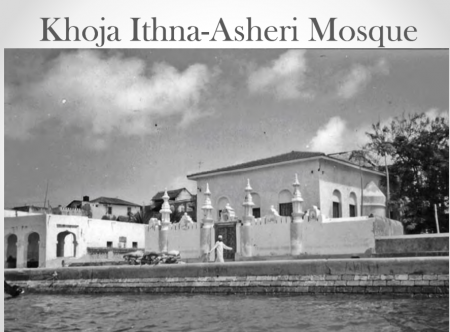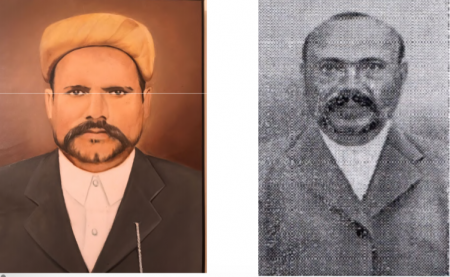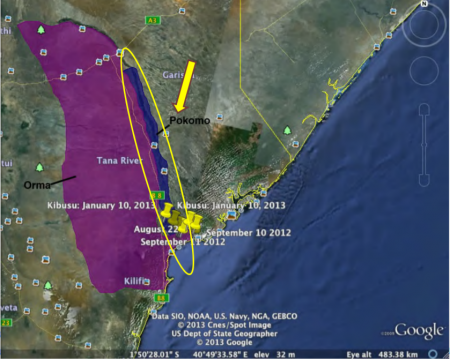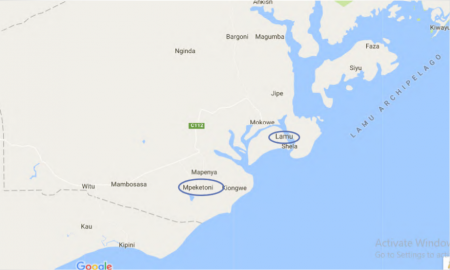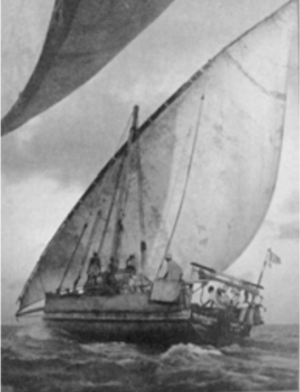Difference between revisions of "The Walji Family (Lamu)"
Mohamedali (talk | contribs) (→The Walji Brothers) |
Mohamedali (talk | contribs) |
||
| Line 18: | Line 18: | ||
The Waljis used to import grain and take cargo to Mombasa, Tanga and Dar- and Dar-es-Salaam. Hassan Walji had dhows as well -“Madina “Madina”, Munawar ” and “Rangoon”. | The Waljis used to import grain and take cargo to Mombasa, Tanga and Dar- and Dar-es-Salaam. Hassan Walji had dhows as well -“Madina “Madina”, Munawar ” and “Rangoon”. | ||
| − | - Hussein | + | '''Courtesy''' - ''Interview of Hussein Abdalla Jaffer Pardhan (AP) in KHOJA SHIA ITHNA-ASHERIS IN LAMU AND MOMBASA, 1870-1930 BY ZAHIR BHALLOO'' |
Revision as of 08:12, 7 September 2020
Life in Lamu
Life in Lamu in the 1930s was very simple. People would wake up in the morning and go for pray People would wake up in the morning and go for prayers. They would open their shops from 8:00-12:00 pm and then head home for lunch and to sleep. The shops would re-open again at 3:00 pm until 6:00 pm when people would go for maghrib prayers. After dinner, some people would open their shops at half-past eight to do bookkeeping until around 10:00 pm when they would return home to bed.
The Walji Brothers
- Chairman Hassan Walji (Grandfather of Jaffer Walji)
The Waljis used to import grain and take cargo to Mombasa, Tanga and Dar- and Dar-es-Salaam. Hassan Walji had dhows as well -“Madina “Madina”, Munawar ” and “Rangoon”.
Courtesy - Interview of Hussein Abdalla Jaffer Pardhan (AP) in KHOJA SHIA ITHNA-ASHERIS IN LAMU AND MOMBASA, 1870-1930 BY ZAHIR BHALLOO
